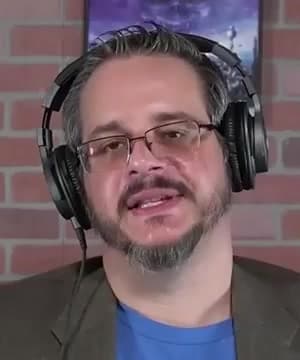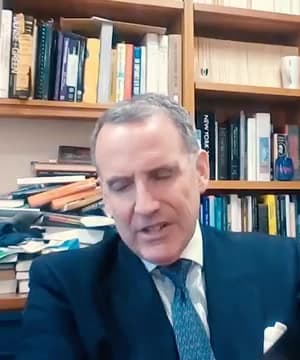Are there limitations to democracy?
Sources:
Experts have identified several limitations of democracy, which include:
-
Lack of Checks and Balances:
- Paul Collier discusses how the focus on electoral competition often overlooks the creation of necessary checks and balances. This imbalance allows governments to misuse power since incentives for creating these checks are weak without existing governance structures to enforce them 1.
-
Influence of Money in Politics:
- Cenk Uygur highlights how decisions like Citizens United have turned democracy into an open auction for politicians. This decision allows unlimited corporate spending in politics, further corrupting an already flawed system where money can essentially buy political influence 2.
-
Power Dynamics and Elite Manipulation:
- Auron MacIntyre argues that mass democracy does not eliminate the ruling elite. Instead, it requires elites to manipulate public opinion to maintain power. This manipulation can come through various institutions like the press, academia, and even corporations, often leading to outcomes that do not reflect the will of the majority 3.
-
Technocratic Challenges:
- Sean Carroll addresses a basic issue of democracy, where it assumes every citizen has an equal say, despite varying levels of knowledge and expertise. This system can lead to decisions that might not be the most informed, as it values representation over expertise 4.
-
Local Government Overreach:
- Edward Glaeser discusses how localized power, particularly in urban planning and housing, can deter growth and development. He suggests limits on local regulations to enhance broader public interest and individual property rights, arguing that excessive local control can hinder progress 5.
These perspectives underscore the complexity and challenges within democratic systems, illustrating a range of structural and operational limitations.
RELATED QUESTIONS-


